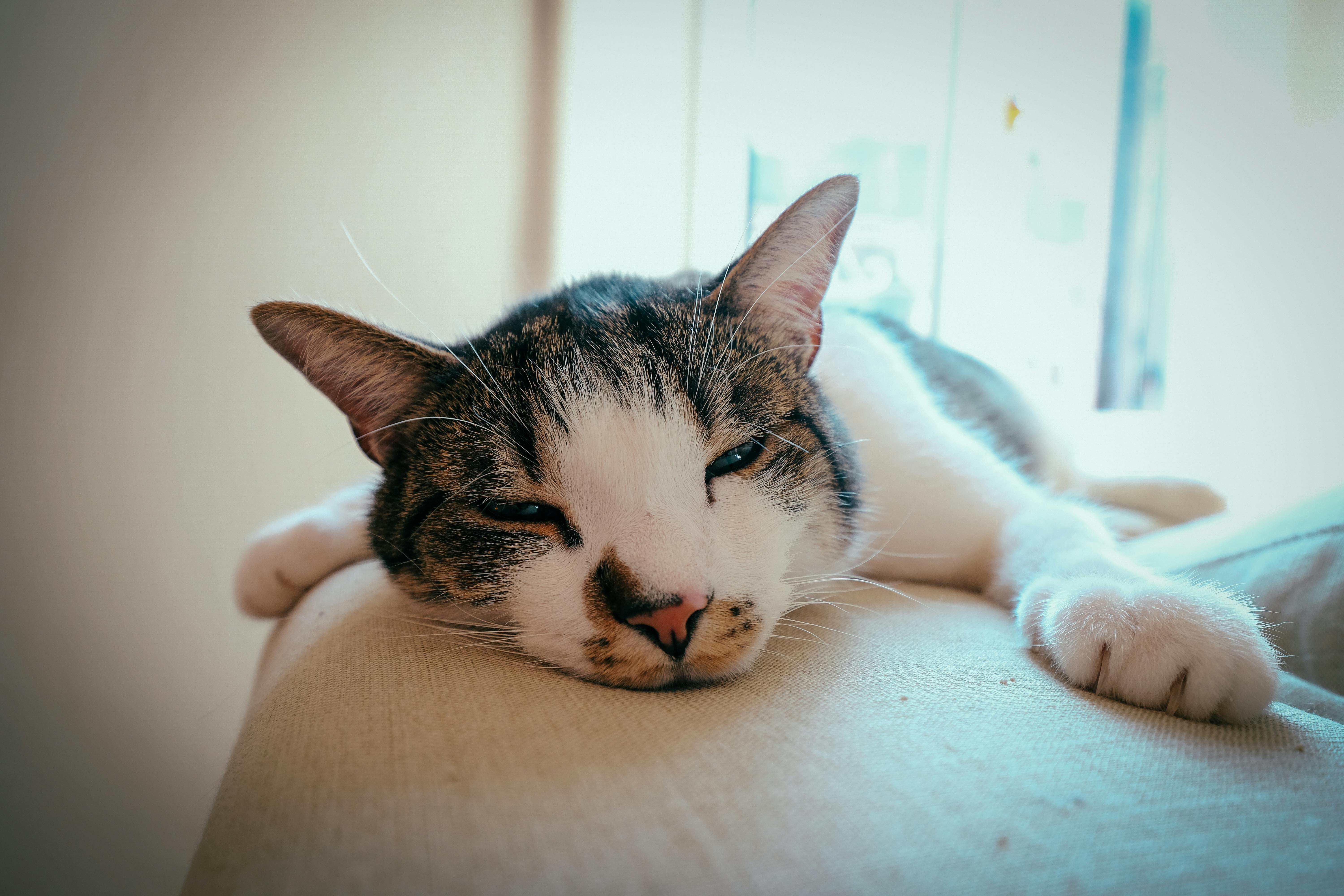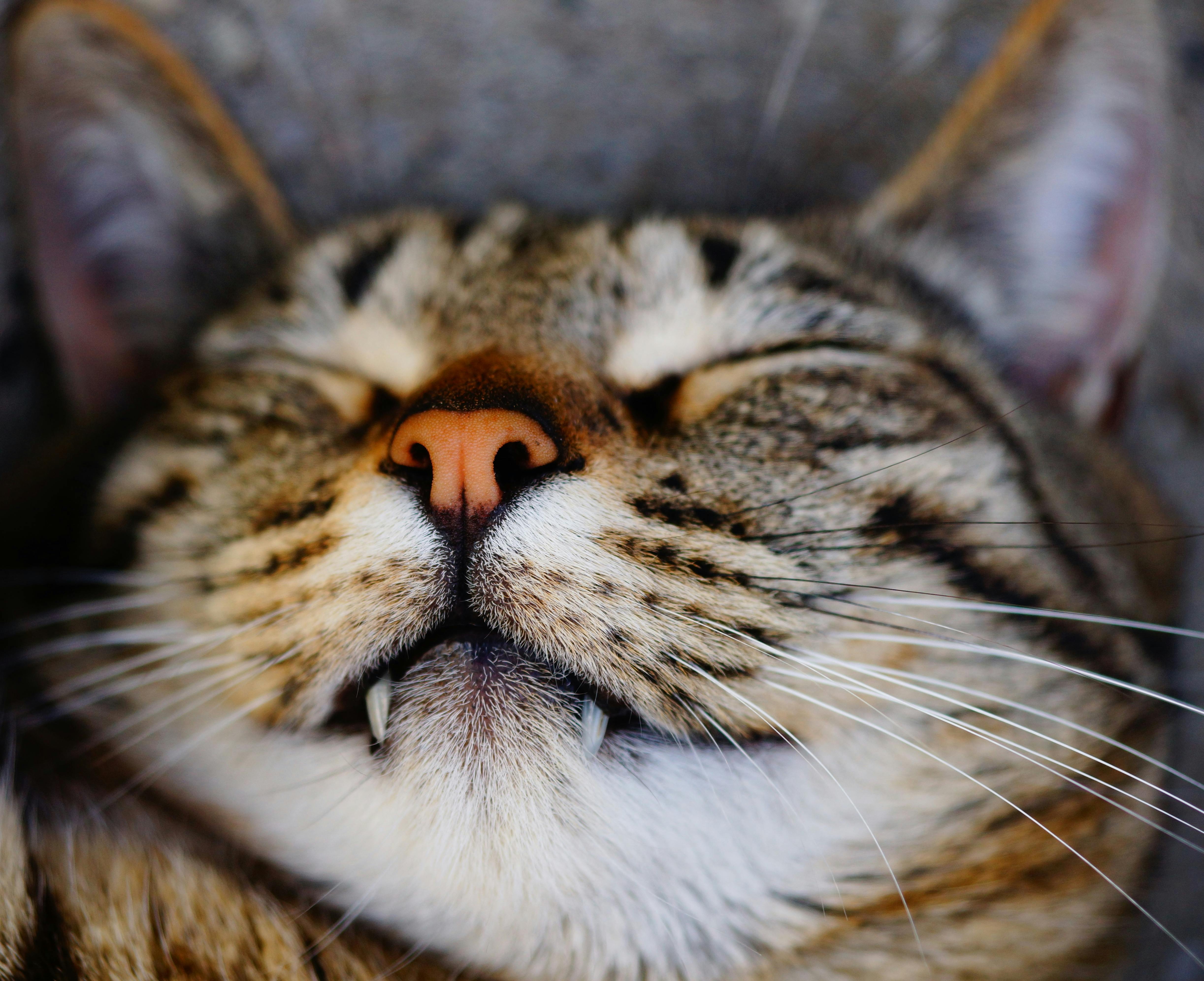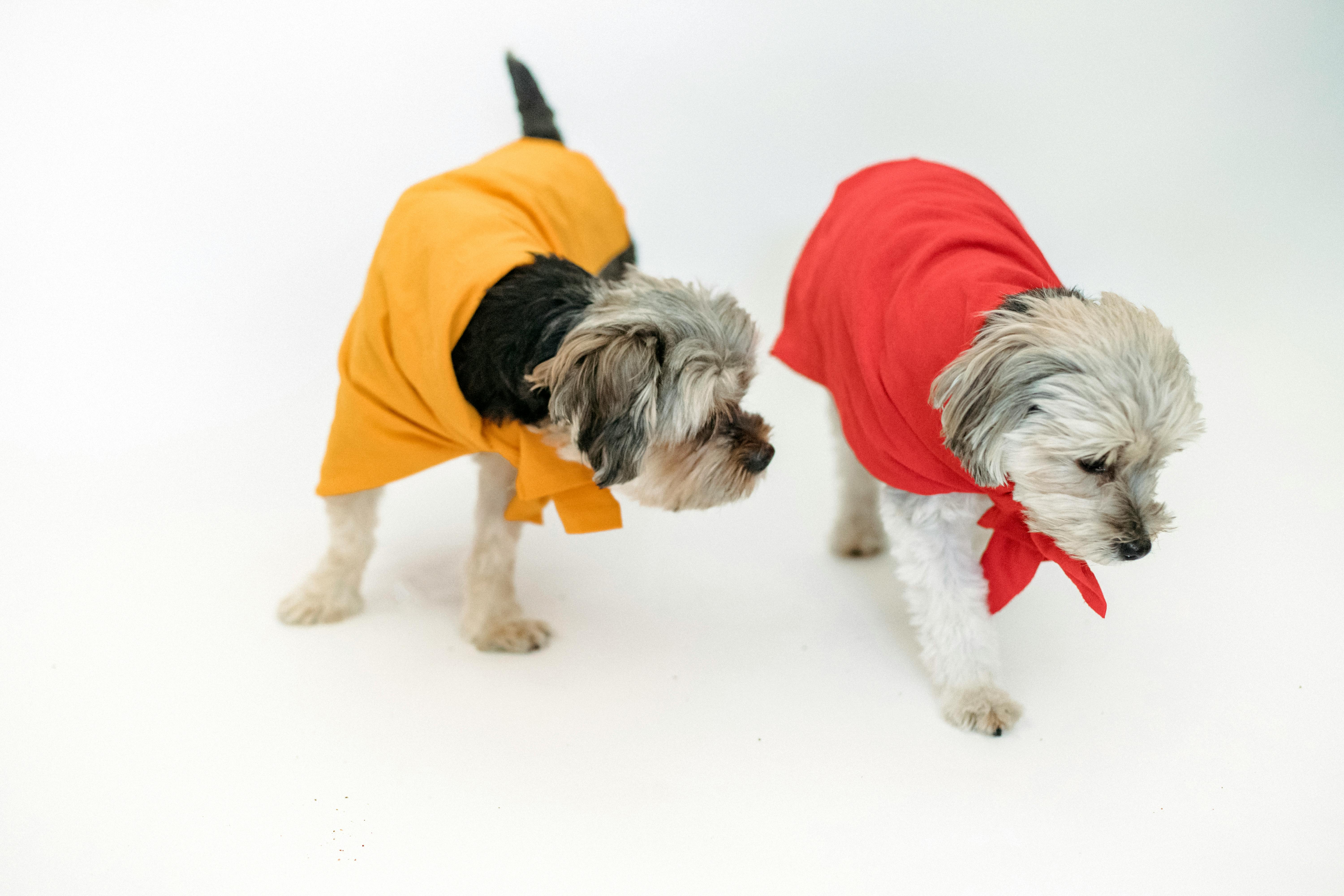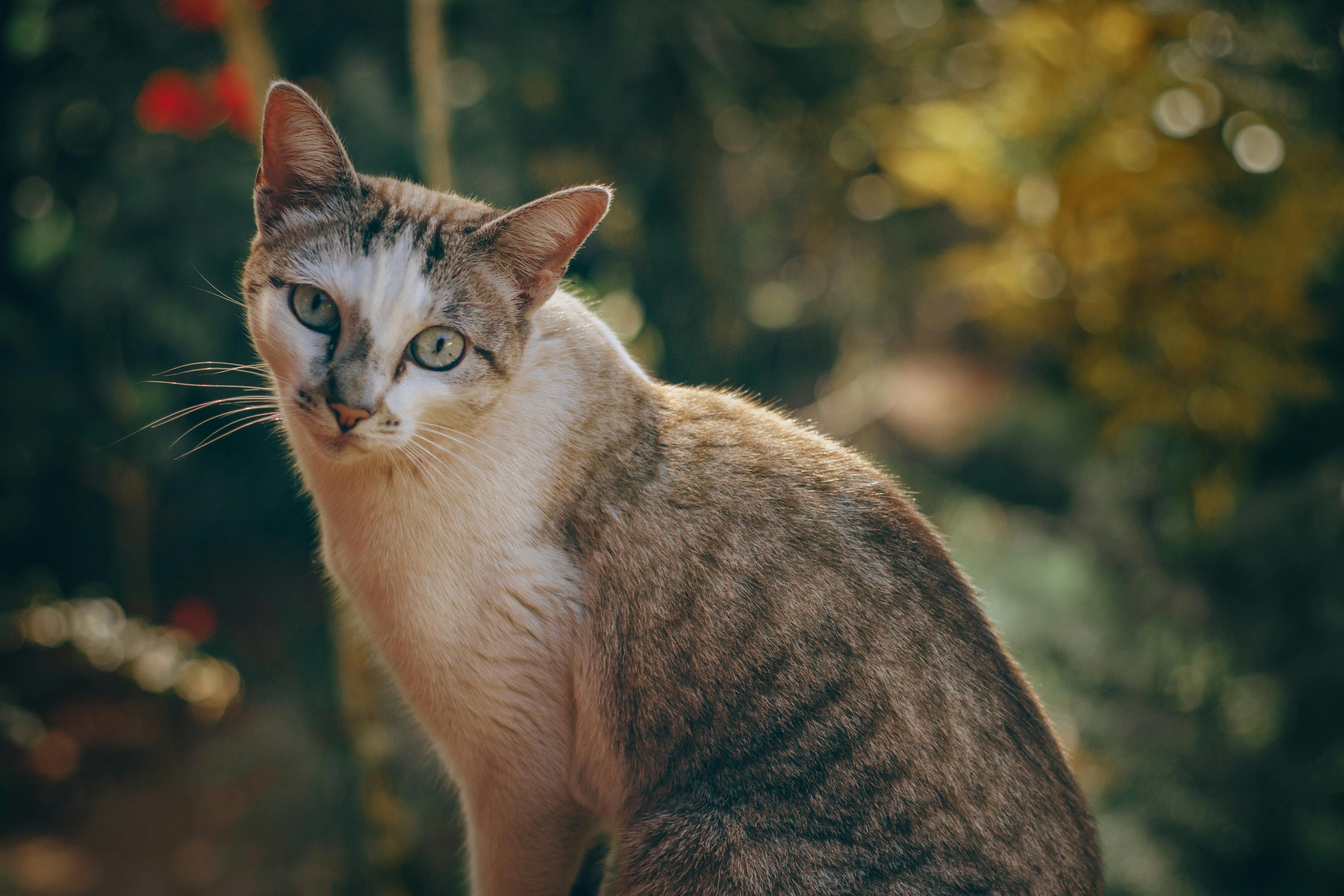We have been successfully breeding and raising parrots for over 20 years. During this time we have seen and experienced many changes and improvements. Not only in technology and wellness, but also in understanding having parrots as pets. This includes all species of parrots, including macaws, cockatoos, African gray and timneh parrots, Amazon parrots, pionus parrots, and parakeets.
These wonderful creatures can, not only be the joy of your life, but in some cases, if the wrong decision is made, the bane of your life.
If we were to buy a parrot today, these are some of the things we would like to know, and some of the questions we would ask ourselves, before committing to a purchase.
We would initially look for a parrot breeder. These can be found through recommendations from friends or your local avian vet. You can also find advertisements in parrot and bird publications, and many breeders now have their own websites.
As with all things, there are good and bad parrot breeders. So how do you try to make sure you’ve found a good one?
These are some of the questions we would ask the parrot breeder if we were thinking of buying a parrot from them.
- Do you own the parents?
- How long have you been breeding?
- How do you raise your babies?
- Individually or together
- How do you feed them
- How do you wean them?
- Do you let them go before they are weaned?
- What backup service do you offer?
- Are baby parrots rungs or micro chipped?
- Can I get in touch with previous clients?
- Do you have an avian vet?
- Do you give a written health guarantee?
- Do you have a waiting list for your babies?
- Can we visit the baby?
- Can we see the parents?
- What information do you get when you buy the baby parrot?
- How much research you have done on the species you are interested in buying.
- What is your criteria for selecting the species of parrot that you are interested in buying?
- What are your circumstances, for example, you live in a flat or a house.
- Do you have close neighbors where noise can be a potential problem?
- Do you have an area large enough to hold a box of a suitable size?
- How much time can you spend with your bird.
- Do you intend for your bird to live with you as part of the family?
- How long will he be alone in the cage?
- What do you expect from the parrot?
- Have you considered all the potential problems you may have with the species of parrot you asked about?
- Have you located the nearest avian vet?
This will tell you if they buy the chicks or if they give the raised birds to someone else. Either way, this can be a very dangerous thing to do. Birds raised together from multiple sources may be at risk of infection, disease, bacteria, or viruses.
It is preferable to choose someone who has experience.
It is better to have a baby that has been raised with others, as it will be considered a bird and will have less chance of behavioral problems than a bird that has been raised alone.
Probe, gavage, syringe, spoon. It is a matter of choice, which you consider more appropriate, but in our opinion, placing a tube or catheter directly in the baby’s crop is not one of the chosen options.
Fruits, vegetables, soaked seeds and legumes is the answer we would be looking for. However many people today use a complete food, we prefer a more natural diet.
The answer to this should always be no. Especially for someone with no experience with parrots. I often hear people say that it will bond better if you feed it by hand. This is simply not the case and weaning a baby alone is not an easy task.
They should always be there to help you in case you have a query or a problem. Avoid anyone who just wants to wash their baby’s hands when the baby leaves.
All baby parrots must have some form of identification. We’ve had chime issues in the past, so we no longer use this method. We use microchips as a means of identification for all of our babies. We believe that this method is much safer and more accurate. If you buy a bird that has sounded, pay close attention to the ring. If it is too tight it can become embedded in the skin and if it is too loose it can catch on toys. Sometimes if you have two or more parrots together, they can play with each other’s rungs and crush them on their legs cutting off the blood supply.
Again, any breeder should offer it to any potential customer.
This is a must for all parrot breeders, they are invaluable.
If the answer to this is not to leave
Once again, the sign of a good and reputable breeder.
If the answer is no, walk away again.
This is sometimes difficult as they may be in a breeding situation or the breeder may be concerned about theft. The real reason you ask this question is to try to find out if they raised the babies themselves. Many people buy eggs or babies from other sources and raise them to sell. These are not breeders. This practice can be fraught with problems, such as diseases, infections, viruses, and bacteria, that can occur when birds are purchased from various sources and brought together. it only takes one to become infected and this will infect all other birds in the nursery.
The least you should have is a birth certificate. Ideally, have a sample of the food the parrot is used to eating, some notes on how to care for your new baby parrot. A recommendation on the size of the cage that the birds need and something suitable for transporting the birds. A list of possible questions and answers for you to see, especially if this is your first parrot, and most important of all, a written health guarantee and full after-sales service.
This may seem like a lot of questions, but remember this bird is for life, and the life of a parrot should be very long. You really should try to make sure you get it right and make the right decision the first time. Obviously, the answer to these questions will vary from breeder to breeder, but any breeder should be able to confidently answer all of them without hesitation. The reputable breeder should ask you questions too, things like …
A good breeder should always give you help and advice on your species selection, and not just sell you what they have available. They should advise you on which species is best for your individual situation. If they don’t breed that species, they may be able to recommend a breeder who does.
We cannot stress enough how important it is to do a lot of research before purchasing a parrot.
Get the correct species for your situation.
Know, not only how wonderful they are as pets, but also the potential behavior problems that can occur.
Find out where you can get good advice from people who already have experience with that species as a pet.
We believe that it is very important not only that you find someone reputable and trustworthy to buy your baby parrot, but also that you feel safe and comfortable with him when you do so.



